Turtle Island Reads: Meet the advocates
CBC's Sonali Karnick, Waubgeshig Rice host twist on Canada Reads: stories by and about Indigenous Canadians
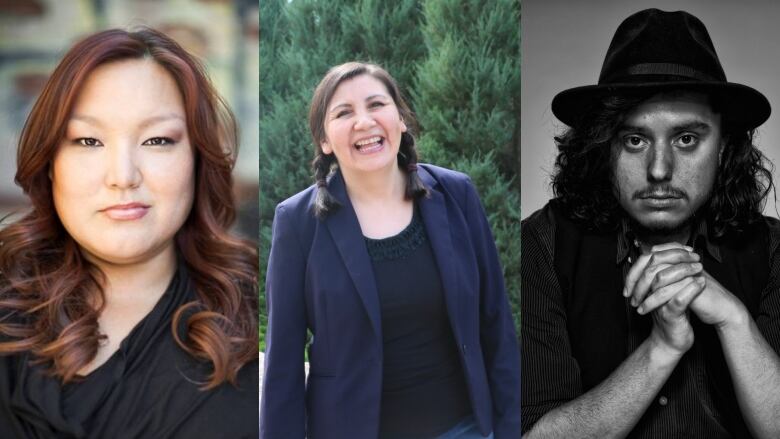
On Wednesday, Sept. 21,CBC's Sonali Karnick andWaubkeshigRicewill co-hostTurtle Island Reads a live public event at Kahnawake Survival School,highlighting stories written by and about Indigenous Canadians.
Turtle Island Reads drawsits inspiration from CBC's Canada Reads.
It's an opportunity to talk about and celebrate Indigenous Canadian writers and connect readers with their stories.
The event is a CBC collaboration with community leaders on the Kahnawake Mohawk territory, the Quebec Writers' Federation and McGill University'sInstitute for the Public Life of Arts and Ideas.
Three advocates will each championone book of fiction written by an Indigenous Canadian author and try to persuade members of ourlive audience to make that book the next one on their reading list.
Meet the advocates:
Heather White
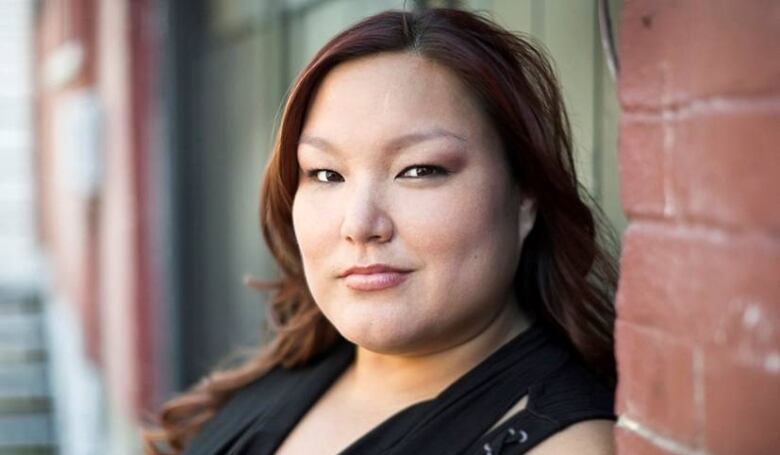
Heather White is a self-described"hybrid."Born to a Mohawk mother and Stoney father, she grew up exposed to both cultures, in southern Alberta and in the Mohawk territory of Kahnawake, Que.
White is a graduate of both Concordia and McGill universities and Toronto'sCentre for Indigenous Theatre.
She lives inKahnawake and teaches language arts and drama at the Kahnawake Survival School.
She is known to a wider audience as Caitlin in the Canadian Screen Award-nominated comedy series Mohawk Girls, which airs on APTN.
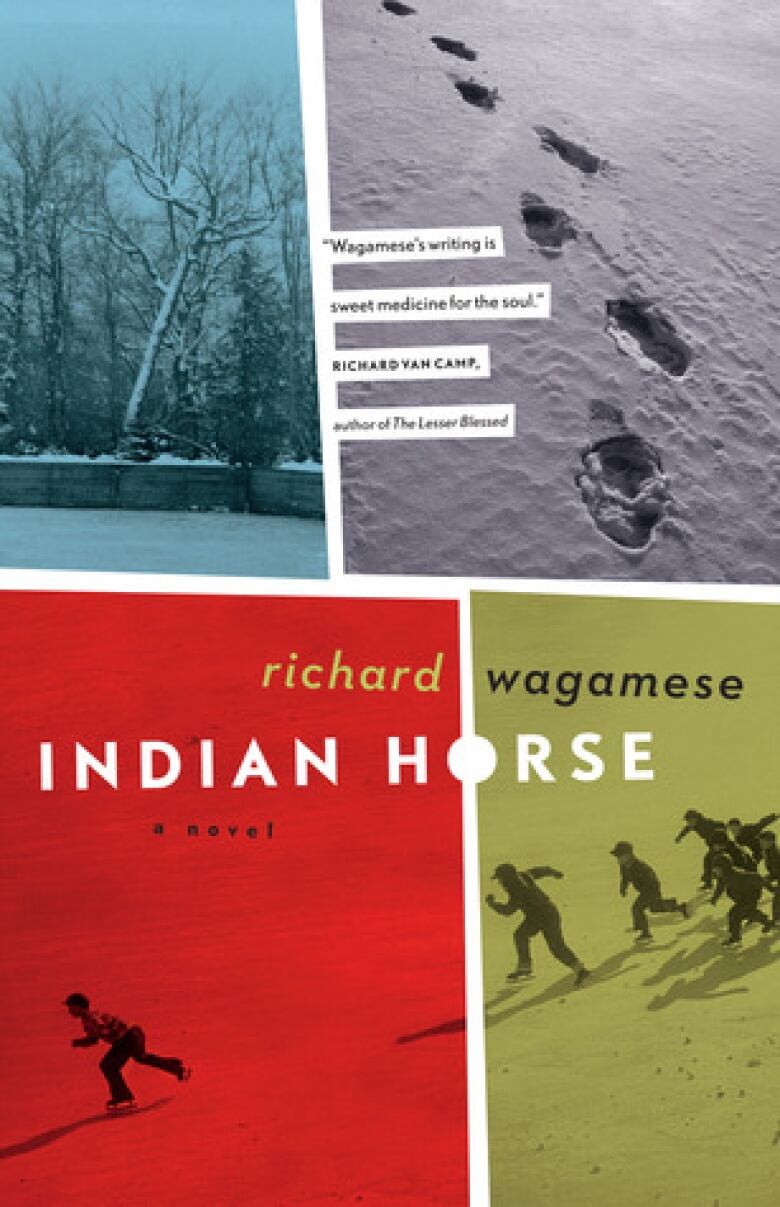
Heather is advocating for the novelIndian Horse by Ojibway author Richard Wagamese.
It isthe story of Saul Indian Horse, a young Ojibway boy who grows up to become a hockey star. However, a litany ofcultural and family lossand the abuse he suffered at residential schoollead him into alcoholism. Saul's ensuing search for healing points to the importance of community and of knowing your own story.
Indian Horsewas a finalist in Canada Reads 2013, when it was defended by Carol Huynh. It was voted the People Choice's winner.
The novel is an unflinching portrayal of the harsh reality faced byAboriginal peoplein 1960s Canada, where racism ranrampant and cultural displacement left people alienatedand destroyed so many lives.
Ultimately, it is a story of redemption.
"Richard Wagamese's book showed me that beauty could come from tragedy," said White of her choice.
"These stories need to be heard by everybody to understand the history of this land and to give context to who we are across Turtle Island."
White says she wants her students in Kahnawake to know that their own stories are valuable and valid and that they can learn from the past.
"With each generation that goes forward, we need to examine the past and resolve it," White said.
Elma Moses
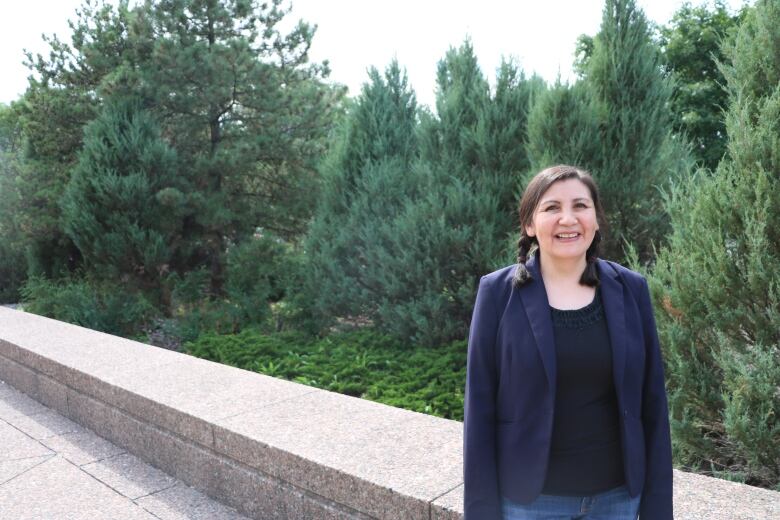
Elma Moses is a member of the Cree Nation of Eastmain in Eeyou Ishtchee, the Quebec territory represented by the Grand Council of the Crees.
She isan Indian Residential School survivor.
Moses learned Cree storytelling at the knee of herlate grandmother, Louisa, and from her parents, Sinclair and Bessie Moses, as well as other Cree elders.
A storyteller, performer and writer, Moseshas aPhD in education and teaches First Peoples Sacred Stories, Introduction to Algonquian (Cree) and Indigenous Women and Feminismat Concordia University.
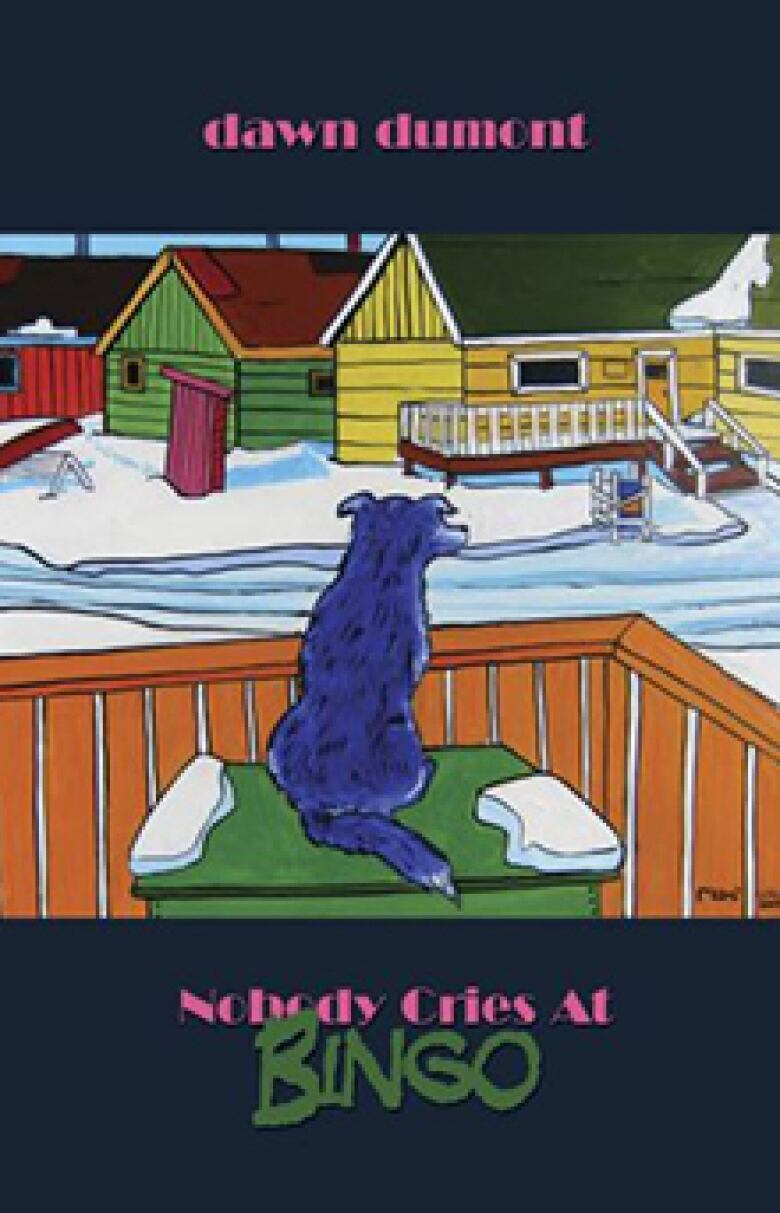
Moses is championingNobody Cries at Bingo by Dawn Dumont, a Plains Cree author, comedian and actress born and raised on the Okanese First Nation in Saskatchewan.
Dumont's book draws inreaders with a series of humorous autobiographical vignettes that follow the life of a girl who loves to read, as she grows up with her extended family on the Okanese First Nation and grapples with both harsh and hilarious realities on the Rez and beyond.
"I want the general public to know about our literature our written literature, available in the English language," said Moses..
"Books are a good way ofknowing Indigenous people, and this event celebrates their voices."
Gage Karahkwi:io Diabo
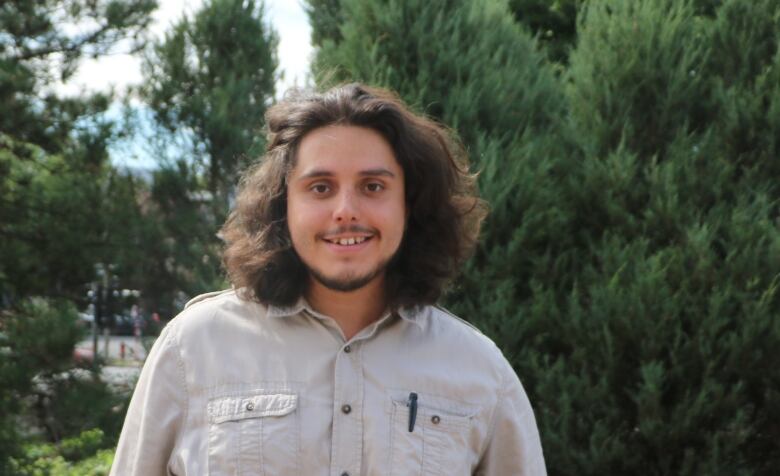
Gage Karahkwi:io Diabo is a Kahnawake Mohawka classically trained pianist, an actorand stage director and co-host of the weekly radio show The Movie Denon K103.7FM in Kahnawake.
Gage is a lover of film and filmmaking, and this fall, he is beginning work towards earning aMaster's degree in First Peoples' literature at Concordia University.
His dream is tosomeday write the great First Nations' postmodern Broadway musical.
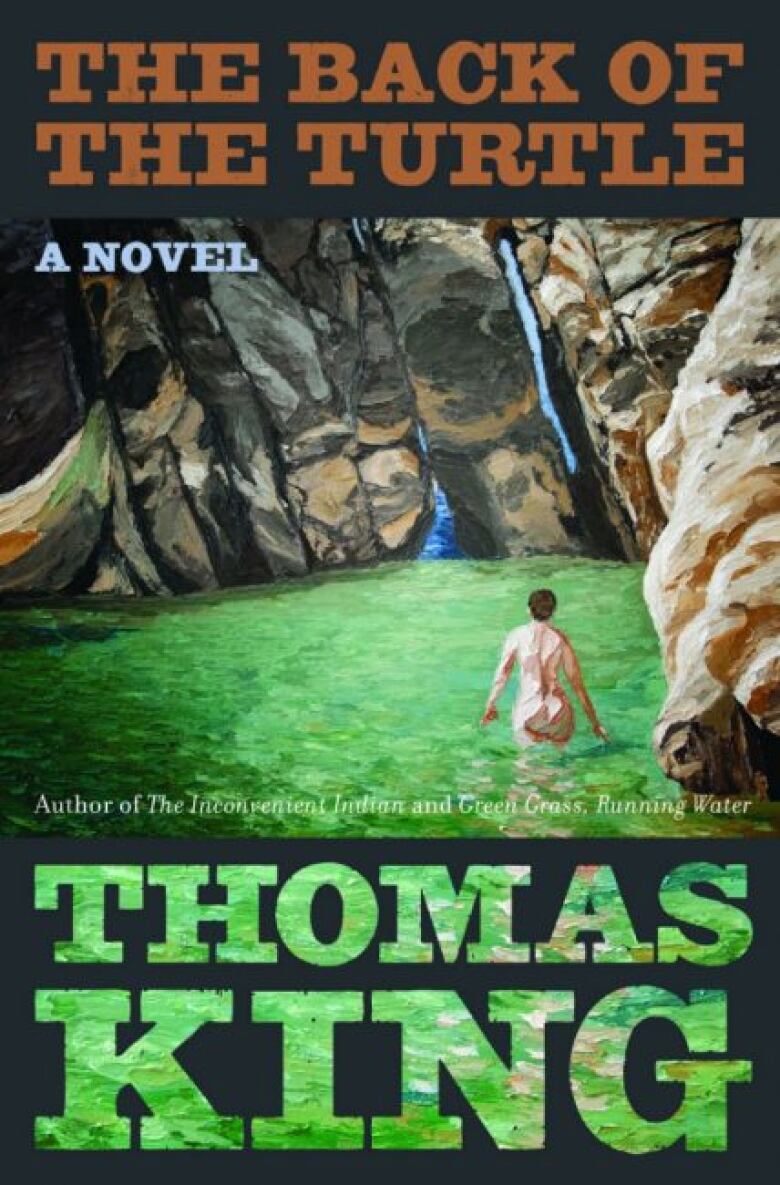
Gage is advocating for The Back of the Turtlebywriter and broadcaster Thomas King, who is of Cherokee and Greek heritage.
The Back of the Turtlewon the 2014 Governor General's Literary Award for Fiction.
The novel opens with Gabriel Quinn, a successful scientist of First Nations descent working for the multinational chemical company Domidion, contemplating suicide on an empty Pacific Coast beach.
Quinn'sjust discovereda chemical product he developedis responsible for killing his mother and sister and for destroying their coastal community.
Rather than ending his life in self-blame and regret, Gabriel embarks on a whole new journey, after jumping in the water to save a group of people from drowning.
King's novel reflects on the relationship between humans and nature and on historic injustices, usinghumour and drama to launcha conversation about reconciliation with Aboriginal people.
"I wish something like thishad existed when I was younger," said Gage about Turtle Island Reads.
"I didn't discover these bookswhen I was in high school. And there's a part of my identity as a First Nations kid that I would have been more comfortable with if I had."












_(720p).jpg)


 OFFICIAL HD MUSIC VIDEO.jpg)
.jpg)



























































































